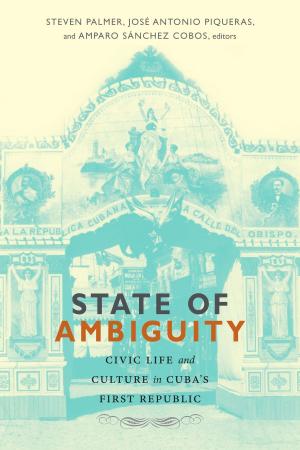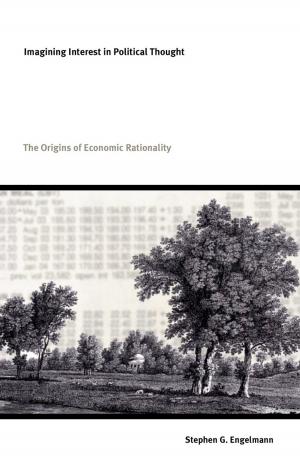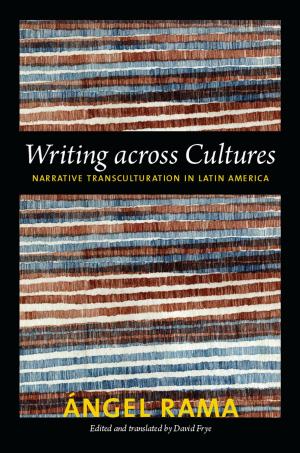Unearthing Conflict
Corporate Mining, Activism, and Expertise in Peru
Nonfiction, History, Americas, South America, Science & Nature, Nature, Environment, Environmental Conservation & Protection, Social & Cultural Studies, Social Science, Anthropology| Author: | Fabiana Li | ISBN: | 9780822375869 |
| Publisher: | Duke University Press | Publication: | May 17, 2015 |
| Imprint: | Duke University Press Books | Language: | English |
| Author: | Fabiana Li |
| ISBN: | 9780822375869 |
| Publisher: | Duke University Press |
| Publication: | May 17, 2015 |
| Imprint: | Duke University Press Books |
| Language: | English |
In Unearthing Conflict Fabiana Li analyzes the aggressive expansion and modernization of mining in Peru since the 1990s to tease out the dynamics of mining-based protests. Issues of water scarcity and pollution, the loss of farmland, and the degradation of sacred land are especially contentious. She traces the emergence of the conflicts by discussing the smelter-town of La Oroya—where people have lived with toxic emissions for almost a century—before focusing her analysis on the relatively new Yanacocha gold mega-mine. Debates about what kinds of knowledge count as legitimate, Li argues, lie at the core of activist and corporate mining campaigns. Li pushes against the concept of "equivalence"—or methods with which to quantify and compare things such as pollution—to explain how opposing groups interpret environmental regulations, assess a project’s potential impacts, and negotiate monetary compensation for damages. This politics of equivalence is central to these mining controversies, and Li uncovers the mechanisms through which competing parties create knowledge, assign value, arrive at contrasting definitions of pollution, and construct the Peruvian mountains as spaces under constant negotiation.
In Unearthing Conflict Fabiana Li analyzes the aggressive expansion and modernization of mining in Peru since the 1990s to tease out the dynamics of mining-based protests. Issues of water scarcity and pollution, the loss of farmland, and the degradation of sacred land are especially contentious. She traces the emergence of the conflicts by discussing the smelter-town of La Oroya—where people have lived with toxic emissions for almost a century—before focusing her analysis on the relatively new Yanacocha gold mega-mine. Debates about what kinds of knowledge count as legitimate, Li argues, lie at the core of activist and corporate mining campaigns. Li pushes against the concept of "equivalence"—or methods with which to quantify and compare things such as pollution—to explain how opposing groups interpret environmental regulations, assess a project’s potential impacts, and negotiate monetary compensation for damages. This politics of equivalence is central to these mining controversies, and Li uncovers the mechanisms through which competing parties create knowledge, assign value, arrive at contrasting definitions of pollution, and construct the Peruvian mountains as spaces under constant negotiation.















